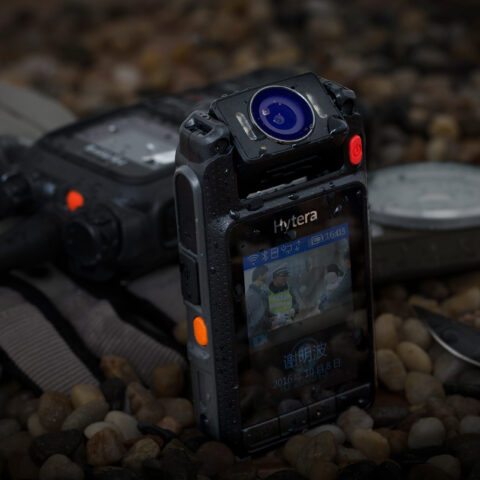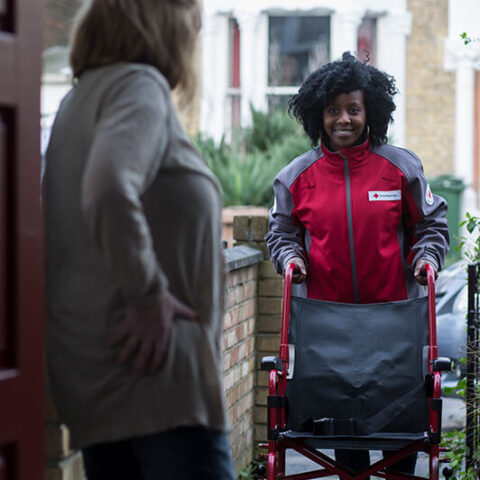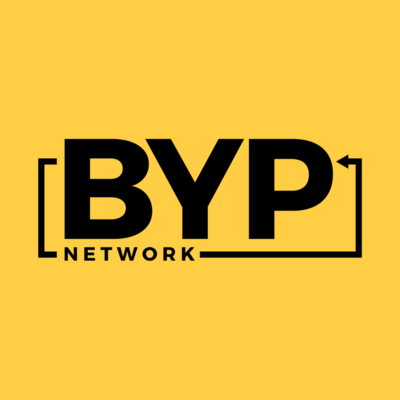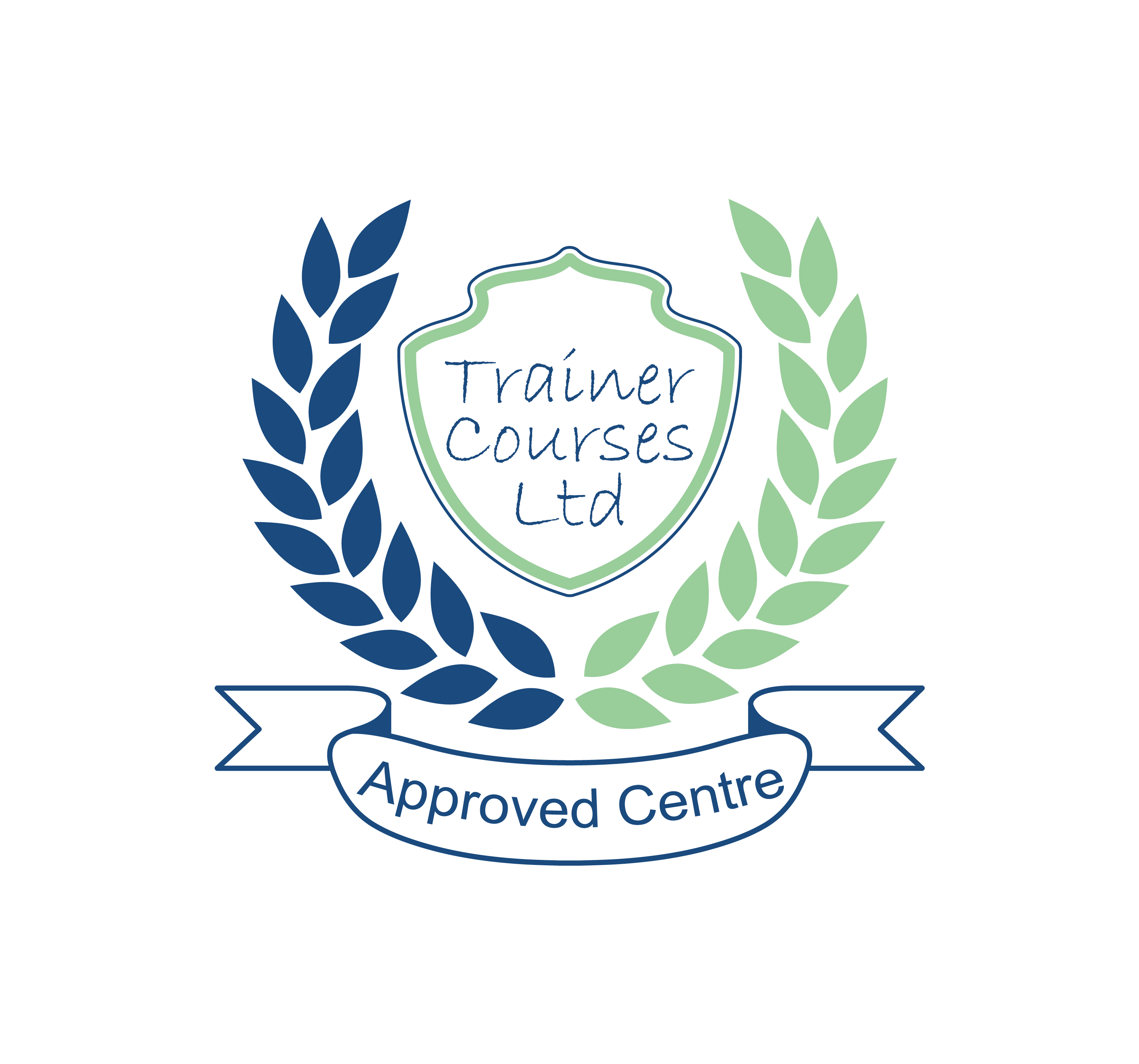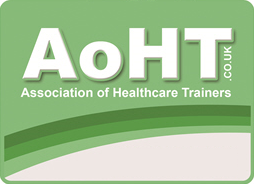All Products

10 Nov 2020
The Importance of Healthcare Training
When it comes to healthcare, nothing could be more critical than having a highly-skilled workforce. It’s clear why many in the profession undergo extensive training before embarking upon a specific career path – take neurosurgeons, for example, who spend eight years mastering their trade before they are permitted to operate on the human brain. And yet, even healthcare roles much more basic still require a minimum level of training to perform.
As a healthcare provider, it is your responsibility to ensure your staff are trained to a level where they can undergo their daily tasks in a safe manner, today and ongoing.
Why is training so critical in healthcare?
Working with the general public – specifically, those who are sick, injured or vulnerable – requires a minimum level of competency to assure your patients of the peace of mind they deserve. Without the necessary qualifications, your staff leave themselves and your patients open to harm; it can also pose a negligence risk to you, the employer.
There are many skills a healthcare worker must have to work within the sector, regardless of their specific role. The types of essential training employers are either looking for or need to offer their workforce, are as follows:
Basic Life Support training – which is useful to everyone but, in particular, to healthcare workers where contact with casualties is highly likely. This training provides knowledge of CPR methods, and the correct first-aid for those bleeding, choking, or unconscious.
Health and Safety training – which follows UK legislation on hazard identification and control, risk assessment and fire safety, and is useful for anyone to comprehend but especially, health workers.
Moving and Handling training – which covers the principles of safe moving and handling as well as the consequences of inefficient moving and handling in practice, making this an essential for anyone working within the healthcare sector.
Be aware that, depending on the healthcare environment, there may be other skills deemed as ‘essential’ to workers, such as Mental Health Awareness training, which is critical to anyone working within this area of the industry.
Providing ongoing training
As is the case with most professions, systems and processes are forever adapting, which is very much so in the healthcare sector that continues to advance, finding more effective methods of conduct all the time.
It is vital healthcare workers stay on top of the latest methods for care, which means training should never come to an end. On the contrary, workers should expect their employer to provide a means to regular training to top-up on the skills they already have as well as giving a forum for any that is additional.
It is also beneficial from a staff retention perspective, with ongoing training opportunities seen as a positive by staff who feel valued by their employer. And when workers feel valued, they are much more likely to remain with the organisation over the long term.
Access to training
Having the time to train has always been an issue for healthcare workers, many finding it extremely difficult to commit to learning on top of a demanding work-life. Asides to the time-factor, having to travel to another location for training purposes is not always simple.
Whether it’s for new starters or an existing team, E-learning is a preferred option since it comes with more flexibility than the traditional class-based delivery method, allowing for knowledge acquisition from any location, so long as those in training have access to a PC or tablet.
Of course, some training will always be more effective in person. Upskilling on CPR methods, for example, lends itself to a face-to-face environment where your team will benefit from seeing these demonstrated in practise.
Where possible, a combination of class-based and e-learning is optimum in its giving your staff a level of flexibility to learn at a time and place which suits, while covering those topics where demonstrations are crucial in a face-to-face setting.
Active Olive Healthcare offers group and individual training across multiple topics specific to healthcare workers. For information on our training schedule, talk to one of our team today.

